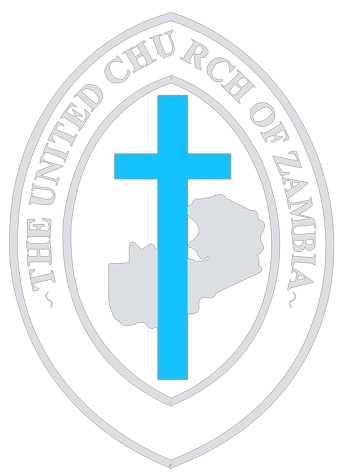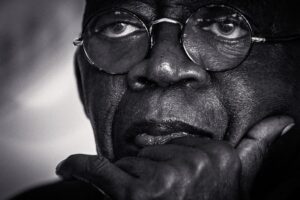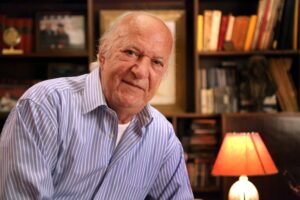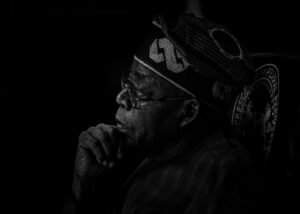Prime Minister Mostafa Madbouly has given Egyptians a long weekend for Mawlid al-Nabawi, the holiday celebrating Prophet Mohammad’s birthday.
Muslims across the world celebrated Muhammad’s birth anniversary on Wednesday, a day of spiritual significance in Islam.
But Madbouly announced Thursday as a holiday instead, which corresponds to the Hijri, or Islamic calendar, to give employees in the public and private sectors a longer weekend.
Muslims of all ages flocked to the mosques to pray, read the Quran and recite poems dedicated to the Prophet. Concerts, exhibitions and religious programmes were also organised.
The date of the Prophet’s birthday is linked to the Hijri calendar, a system that depends on the lunar month – the length of time that the moon takes to make a complete orbit around the Earth.
The history of this celebration goes back to the early days of Islam when some of Muhammad’s followers began to hold sessions in which poetry and songs composed to honour the Prophet were recited and sung to crowds in major cities.
In 1588, the Ottomans declared it an official holiday, known as Mevlid Kandil. The term Mawlid is also used in some parts of the world, such as Egypt, as a generic term for the birthday celebrations of other historical religious figures.
While most schools of Islam approve of the commemoration of the Prophet’s birthday, some denominations – including Salafism, Deobandism and the Ahmadiyya – disapprove of the festivities, considering it an unnecessary religious innovation.
Mawlid is recognised as a national holiday in most Muslim-majority countries but not Saudi Arabia and Qatar.
Muslims in Egypt observe Mawlid al-Nabawi, the birth of the Prophet | Religion











